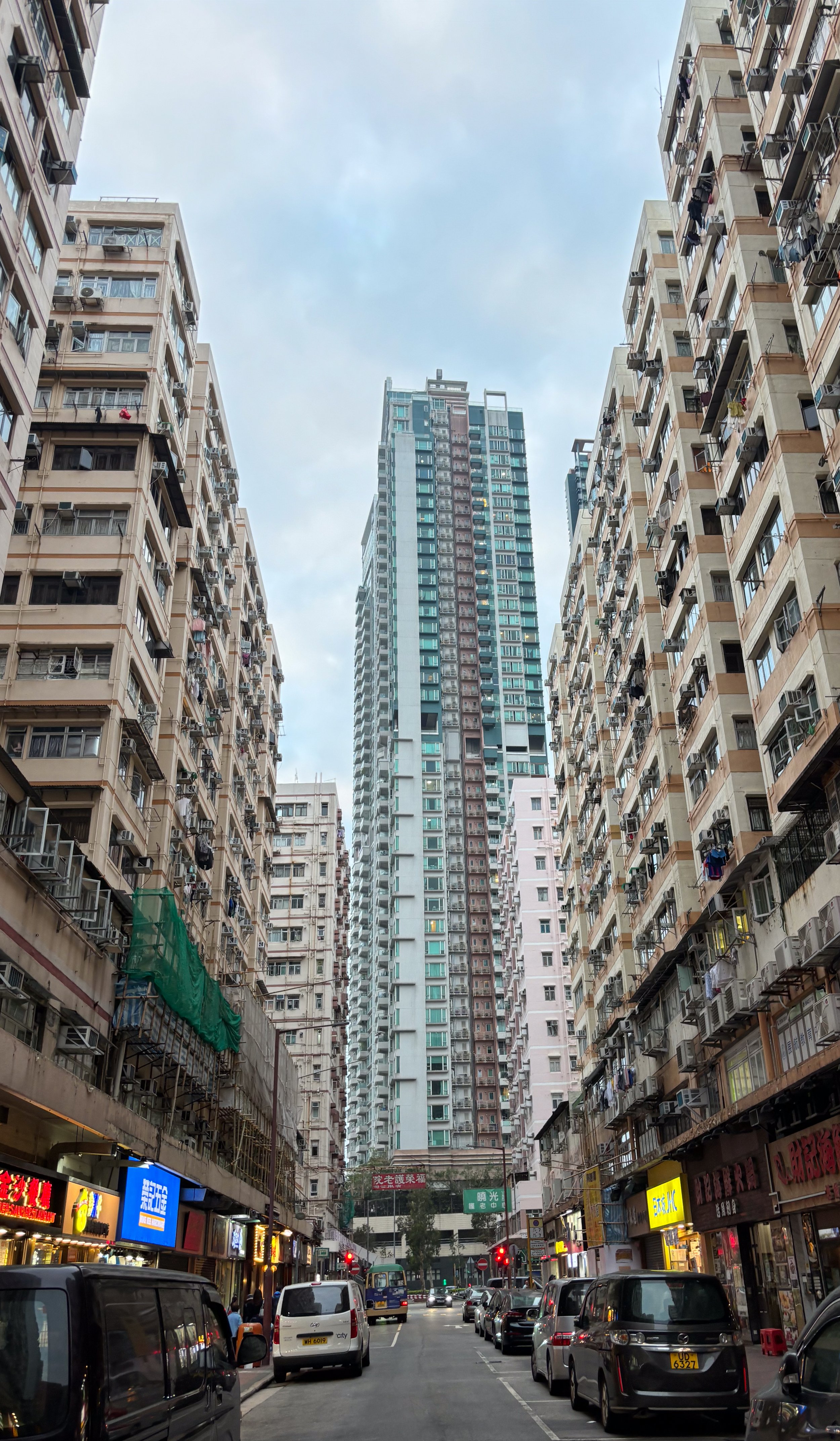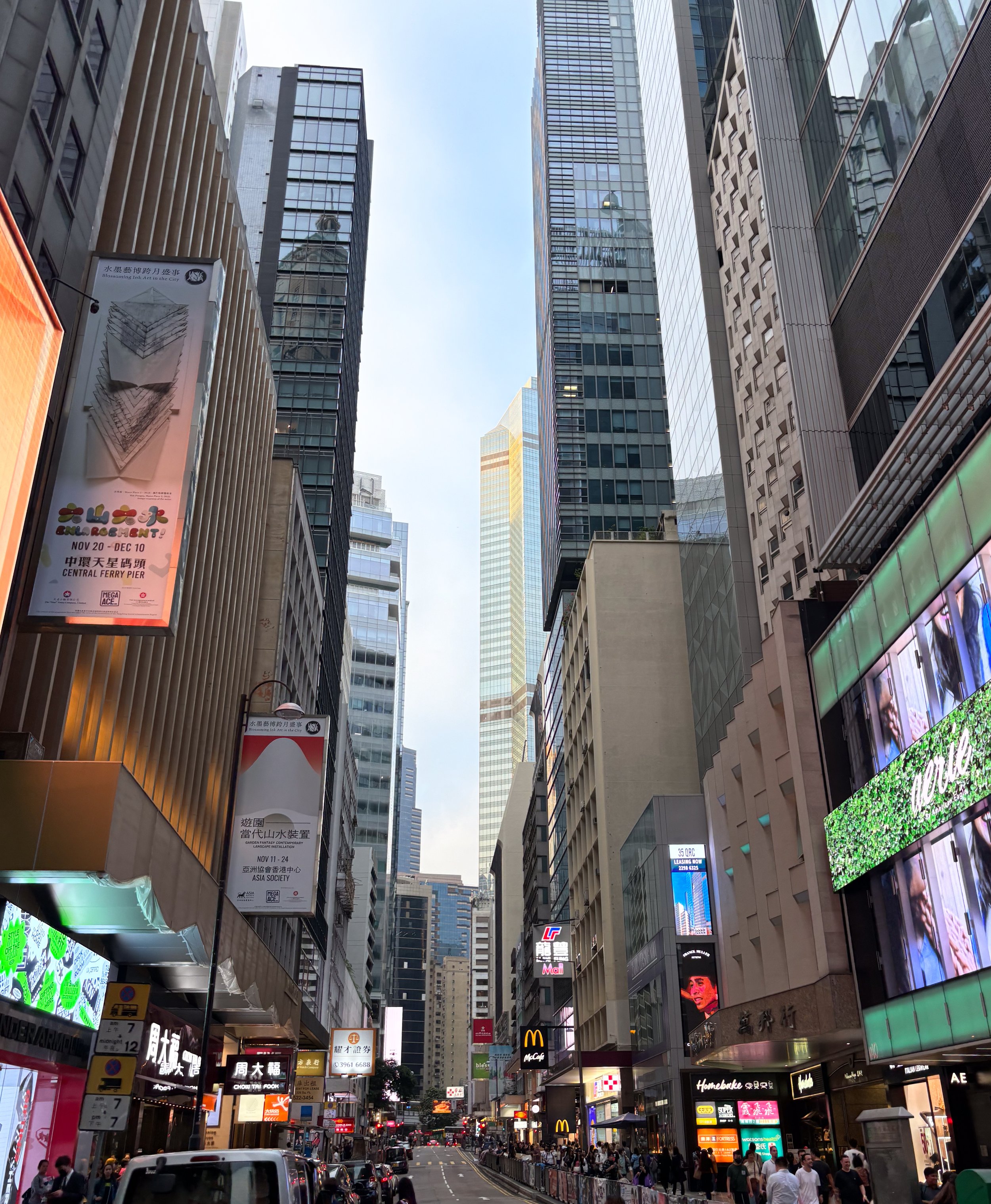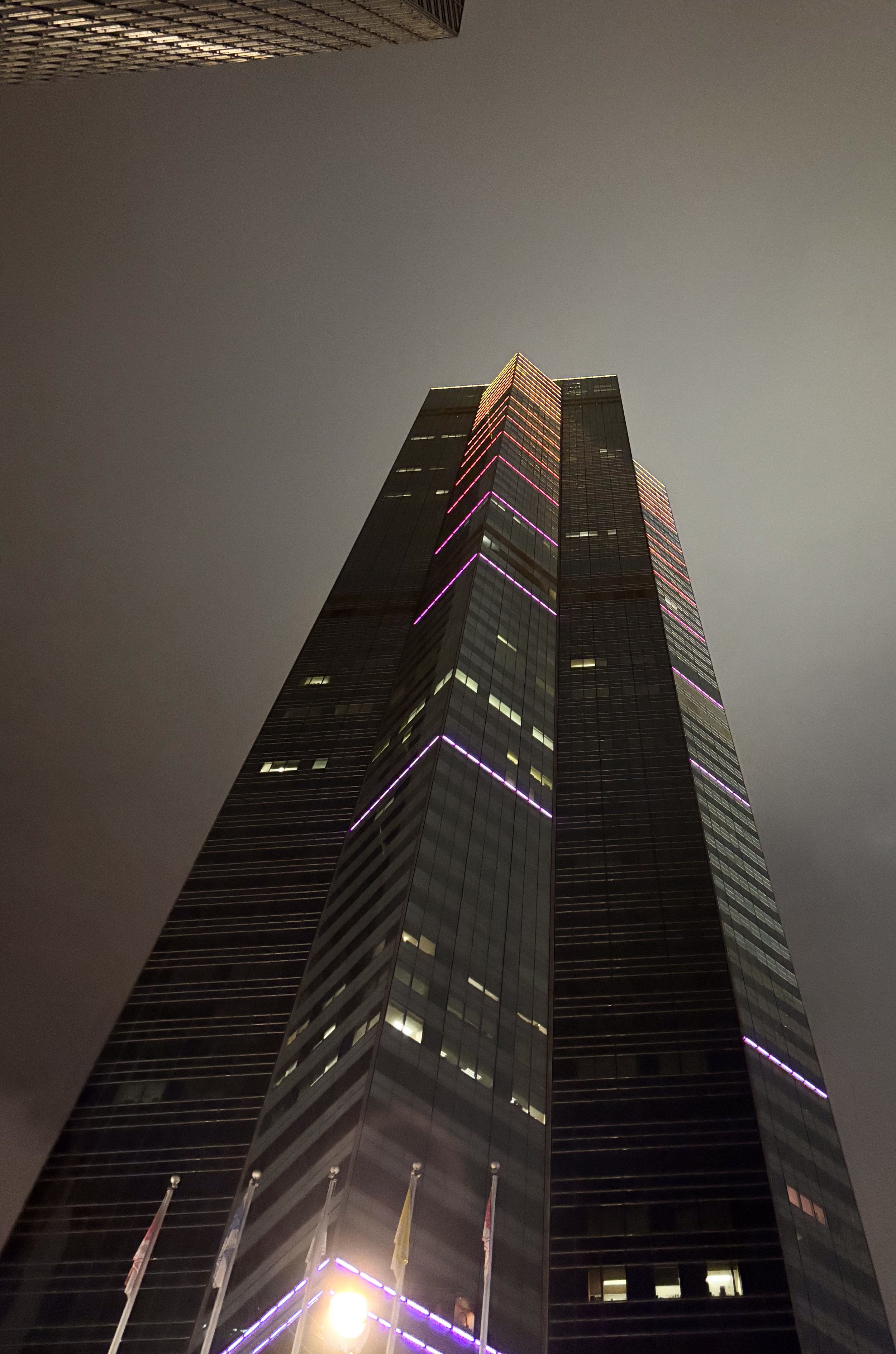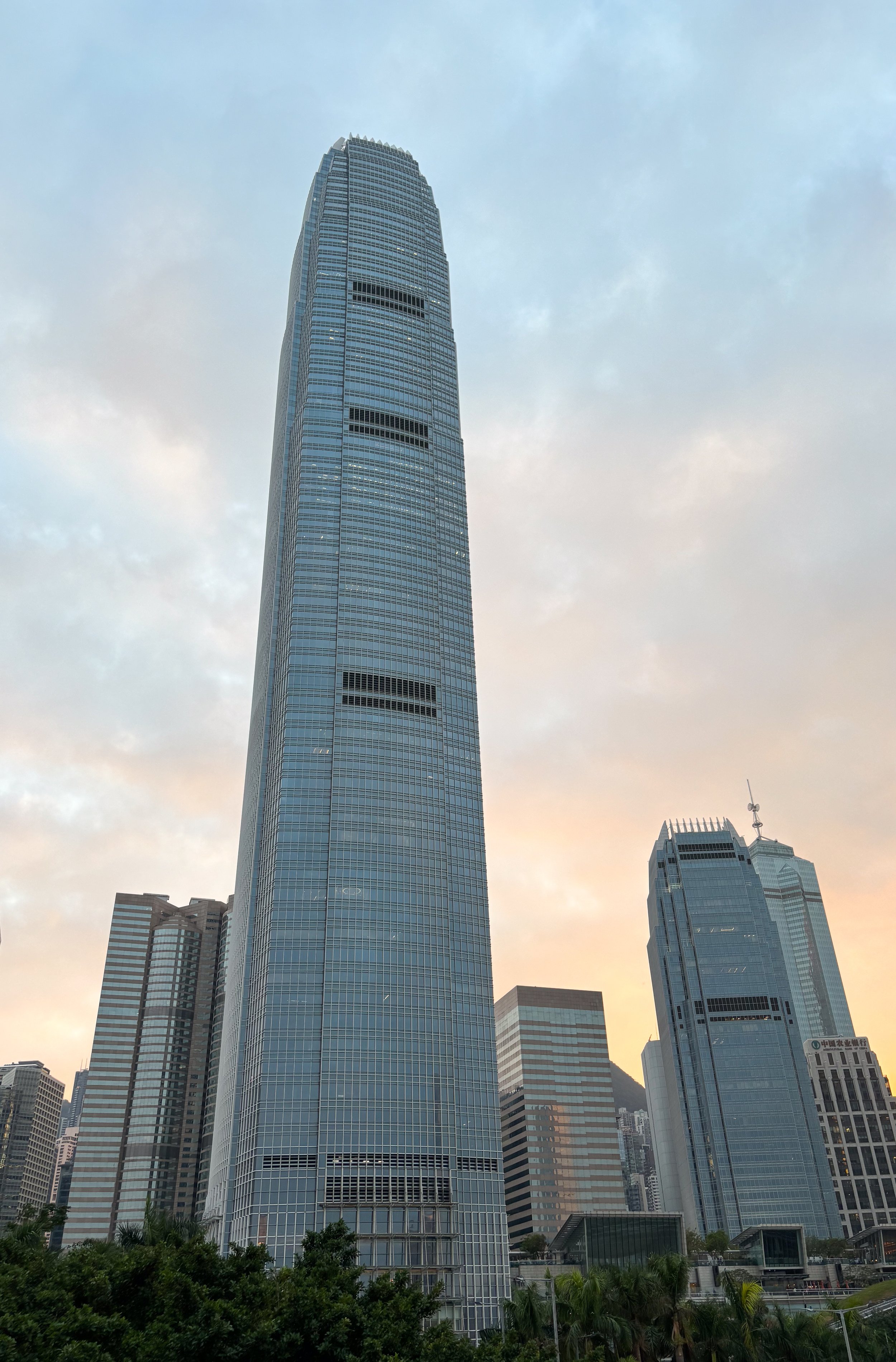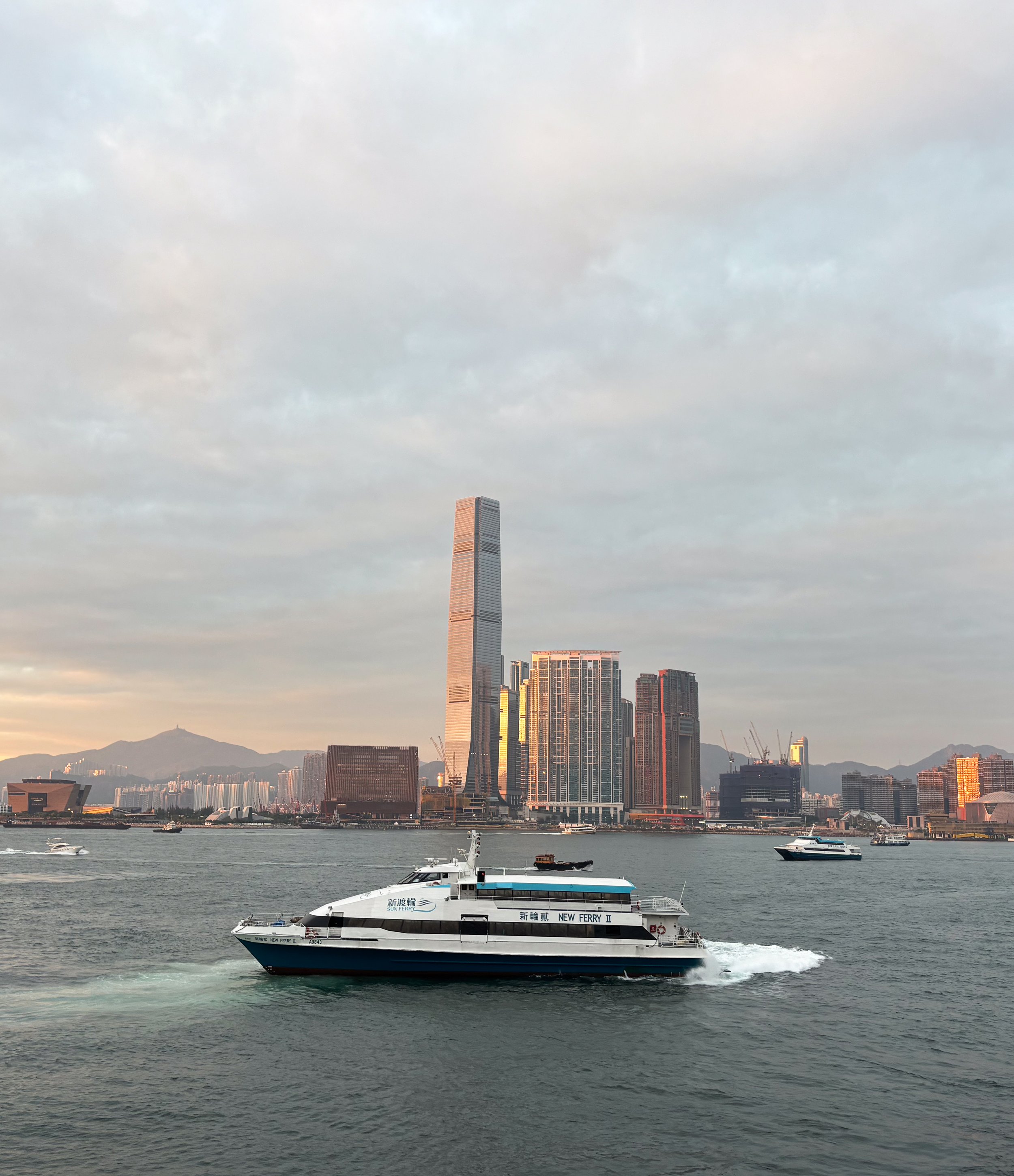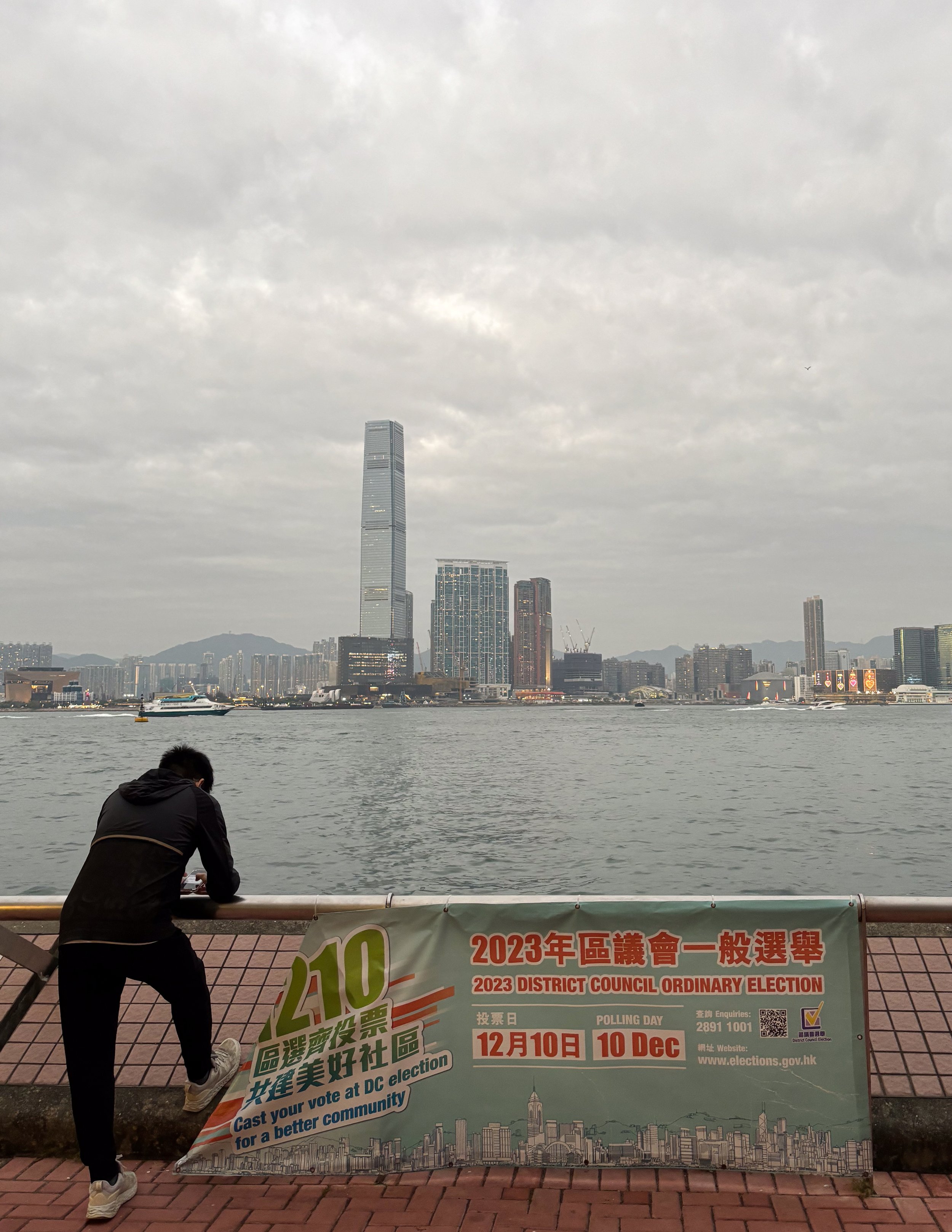Ten years later.
Everything, in Hong Kong, felt as if nothing changed. Yet, everything had.
The skyscrapers were as gleamed as they did at the time of my last visit, ten years ago. The Mass Transit System still mopped the floor with Transport for London. The ferries chugged, the markets bustled, Bruce Lee’s statue still kung-fu’d on the promenade and I managed to get food poisoning, again.
But, despite all that, Hong Kong had turned a corner.
The first hint came even before I boarded the plane. Some of my company’s investments in the city were being moved, bound for Singapore and Kuala Lumpur. “A move rendered inevitable by the deteriorating geopolitical situation” was the terse one-liner parachuted from up above. At the same time, a new crop of colleagues had appeared in the office: they were young, energetic, keen and mostly covering positions in analysis and data. To a person, they were Hong Kongers. Escapees from the city, now living in London, one of the very few decent acts made by an otherwise inept Whitehall.
More than 100,000 Hong Kongers left the city for the UK in the first two years of a special visa scheme aimed at helping them relocate in the UK. Perhaps it was my impressionable self, but I couldn’t help but finding the streets of Causeway Bay to be a tad quieter than I remembered. One thing was for sure, though: there were no protests to be seen.
Back in 2014, turning a corner in the poshest downtown business areas carried the strong chance of running into a thicket of opened umbrellas, or perhaps nylon tents. Far from being homeless encampments, these were semi-permanent protest sites decrying some local scandal or unjust policy. Every 4th June, moreover, Hong Kongers would commemorate the 1989 Tiananmen Square massacre in Victoria Park. After the introduction of a new security law, all but telegraphed by Beijing, no more.
Despite being December, the temperature was still reaching the high 20s when I arrived in town. Jimmy Lai, self -made man and media tycoon, was facing trial. The owner of the erstwhile tabloid Apple Daily was accused of conspiring to collude with foreign forces to endanger national security. Under normal circumstances, this charge would be laughed out of court and Lai would march out triumphantly, cheered by throngs of supports. But these weren’t normal times: West Kowloon Magistrates court’s foyer was deserted by for one activist, Alexandra Wong, tried to wave a Union Jack before being led away. The trial continued.
Walking around Hong Kong, meeting the few friends and acquaintances still living there, felt like stepping inside the house of a family beholden to a terrible secret. The unspoken reality hung heavily over a façade of normalcy. Everyone did their best to forget the recent past – the laws coming from Beijing, the protests, the crackdown, the interminable Covid isolation – and tried to ignore the inexorable force that was pulling Hong Kong closer and closer to the mainland.
“I wonder why they even bother”, said my friend M over a beer. We sat perched on stools outside a Mid-Levels bar. Above us, escalators ferried people up while, at street level, a gaggle of middle-aged men in pink windbreakers were busy handing out leaflets. The pamphlets displayed the photo of an immaculately dressed man named Kenneth, or perhaps Kevin. It didn’t matter. His face was airbrushed, hair combed to perfection, smile Hollywoodian. Kenneth-or-Kevin was one of the candidates for the City’s District Council, and today was election day. M had nothing but contempt for it.
Any semblance of plurality had died in 2019. No one with even a mild annoyance with Xi Jinping would be allowed anywhere near the ballot list, least of all those who were brave enough to come to notoriety during the protests. Joshua Wong and Ivan Lam lay in gaol, sentenced under a series of spurious charges. Others, like Agnes Chow, had to flee the city in order to avoid the same fate.
“One country, two systems” was meant to last 50 years from the return of Hong Kong to China, felt on life support in 2014; now, it’s been subsumed in a quagmire of despotism. Perhaps it was always meant to be this way. Ever thus to the small guys, to paraphrase Brutus and Woo from The Big Lebowski. It certainly was this way ever since Xi Jinping became the new emperor in all but name. No dissent can resist a man with unlimited power and so insecure to ban Winnie the Pooh.
And so here is Hong Kong: scarred by some turbulent years and scared into submission.
I ambled around the city, counting down the hours before I left, until I found something resembling those happy days of yesteryear.
It’s Sunday and, as is custom, maids enjoy their free day by congregating along the Central Elevated Walkways. Thousands of petite women from Vietnam, Indonesia, the Philippines and beyond convene on these aerial sidewalks, setting up neat encampments of cardboard boxes so that they can spend their day chatting, eating, gossiping and – as it’s mandatory – indulging in a bit of karaoke too.
The sun is setting on this Sunday. Throughout town, those who feel cosplaying democracy are casting their ballots; here in Central, instead, the maids are slowly leaving their friends to head back to their jobs. They leave in their wake flattened cardboard folded with the sort of precision that would make a watchmaker proud, and not a piece of litter as far as the eye can see.
A ferry leaves for Kowloon and a man looks into the water of the bay, his mind somewhere else. Soon I’ll be on my way too, bound for London. From one of the few picnics still going on comes the sound of karaoke. A group of Filipinas are singing Cindy Lauper’s hit, Girls Just Wanna Have Fun.
If only that man in Beijing bothered to listen to them.

